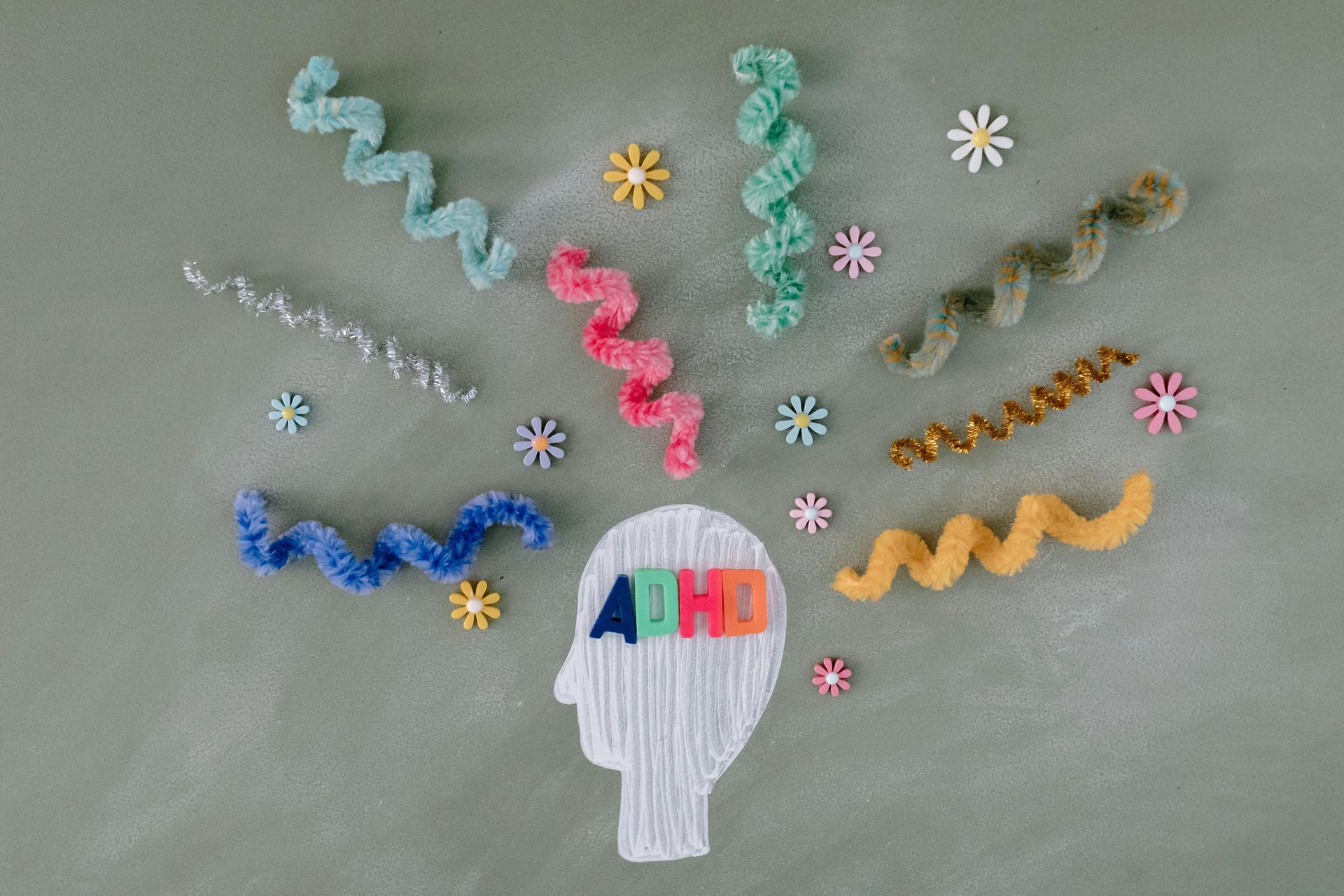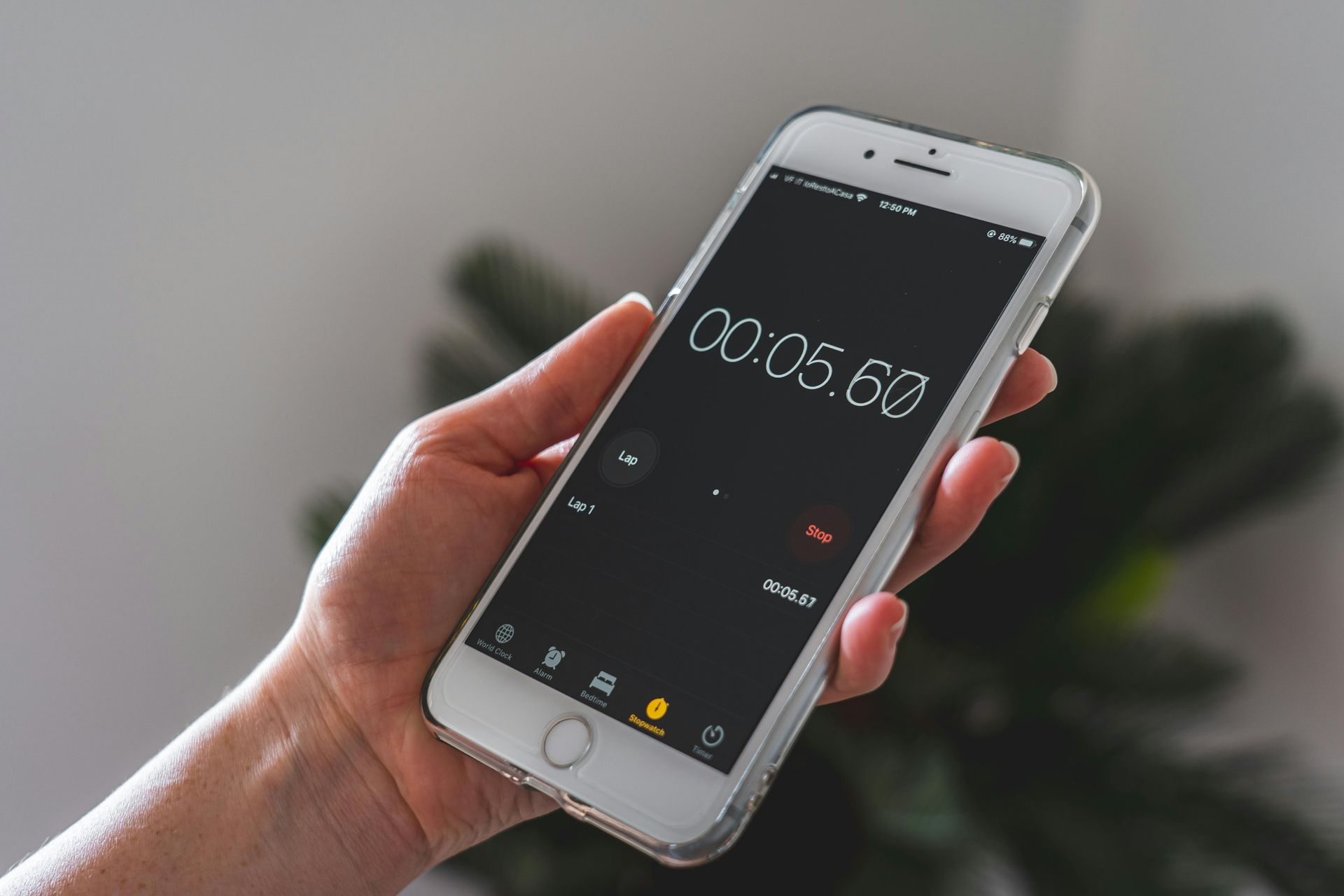ADHD Coping Tools from a Neurodivergent Affirming Lens
Have you or your child recently been diagnosed with ADHD? Have you tried every tip online, hoping something would finally click, only to feel like nothing really works? You're not alone — and there’s a reason for that.
Most mainstream advice for managing ADHD is created from a neurotypical perspective. It often overlooks how ADHD brains actually function. For example, to-do lists are frequently recommended as a productivity tool. But here's the thing: a brain dump is not a to-do list! While brain dumps can be a helpful first step in organizing your thoughts, expecting yourself to complete everything on that list in a single day is unrealistic — unless you're a robot.
Instead, try practicing self-compassion. Pay attention to where your energy is on any given day. Not everything on your list is urgent or essential. After dumping your thoughts onto paper, choose just 1–3 things to focus on. That’s progress.

ADHD isn’t about a lack of attention — it’s about difficulty
regulating
attention. People with ADHD can absolutely focus — under the right conditions. One major factor is neurochemistry. ADHD is often linked to lower levels of dopamine and norepinephrine, two brain chemicals responsible for regulating attention and our sleep/wake cycle. Because of this imbalance, many individuals with ADHD unconsciously seek ways to boost dopamine levels. Sometimes this shows up as thrill-seeking behaviors, impulsive shopping, “doom-scrolling” on social media, or substance use.
But here’s the good news: dopamine can be increased in healthier, more sustainable ways. Activities like exercise, getting sunlight, mindfulness, meditation, playing with pets, cold showers, social interaction, and even listening to music can all help. Incorporating these into your routine can help regulate your brain’s needs in a more balanced, holistic way.

Additionally, many people with ADHD are driven by novelty and urgency — which can lead to chronic procrastination. Try turning this into a strength. For example, do your homework at a new coffee shop to tap into that need for novelty. Or make games out of everyday tasks — race the clock while folding laundry (can you finish before the song ends?), or set a goal to complete a chore before your food delivery arrives. Creating low-stress urgency in this way can actually help reduce the amount of time your body stays in a stressed state.

Another great tool is body doubling. This means having someone you trust — even via video call — sit with you while you work. Their presence alone can increase focus and accountability.
Time blindness — or difficulty perceiving the passage of time — is another common ADHD challenge. Setting alarms or placing multiple clocks around your environment can serve as helpful reminders to stay on track.

And remember: it’s completely okay to need breaks. It’s also okay to have days where none of your strategies seem to work. You're human. Your energy and focus will ebb and flow. Honor where you're at. Meet yourself with kindness. Living in a world that wasn’t built for the way your brain operates is challenging — and you're doing the best you can.
These strategies aren’t one-size-fits-all. They’re meant to spark creative, personalized solutions that work for your brain. Keep experimenting. Keep being curious. You’re not broken — you’re wired differently, and that’s more than okay.



